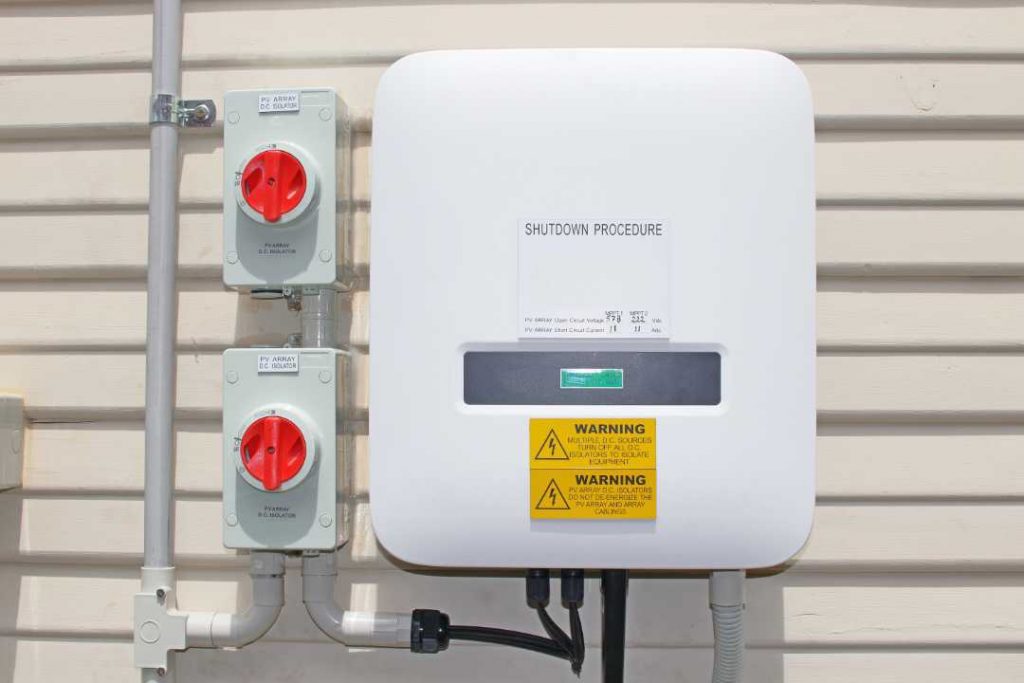Solar power inverters are the main components of any solar system, and they are responsible for converting the DC energy generated by your solar panels into AC power that can be used in your home or exported to the grid. There are several different types of inverters available, and understanding the differences between them can help you make an informed decision about which type of inverter is right for your system.

The most common type of solar power inverters are string inverters, which are designed to work with a series of solar panels (or strings) that are wired together. These inverters are generally the most affordable option, but they also have some drawbacks. For example, if one of the panels in the string is shaded or damaged, it can significantly reduce the output of the entire string. Additionally, string inverters do not offer any backup power capabilities, so you will be without power during a blackout.
Microinverters are another type of inverter that are becoming increasingly popular. Unlike string inverters, microinverters are installed on each individual solar panel, which allows them to work independently and adjust their output based on the amount of sunlight they are receiving. This means that if one panel is shaded, it will not affect the output of the other panels. Microinverters also offer backup power capabilities, which can be useful during a blackout.
Power optimizers are a newer type of inverter that are designed to work with string inverters. They are installed on each individual solar panel, similar to microinverters, but they do not convert the DC power into AC power. Instead, they optimize the DC power output of each panel to maximize the overall efficiency of the system. This can help to overcome some of the limitations of string inverters, such as shading.
Finally, hybrid inverters are a type of inverter that can work with both solar panels and batteries. They allow you to store any excess energy generated by your solar panels in batteries, which can then be used during a blackout or during times when your energy usage is higher than your solar energy production. Hybrid inverters are generally the most expensive option, but they offer the greatest amount of flexibility and can potentially save you a significant amount of money on your energy bills over time.
In conclusion, when it comes to selecting the right solar power inverters for your system, there are several factors to consider. Your budget, the size of your system, and your energy needs will all play a role in determining which type of inverter is right for you. By working with a reputable solar installer and taking the time to research your options, you can ensure that your investment in a solar power system is a smart one that will provide reliable, cost-effective energy for years to come.